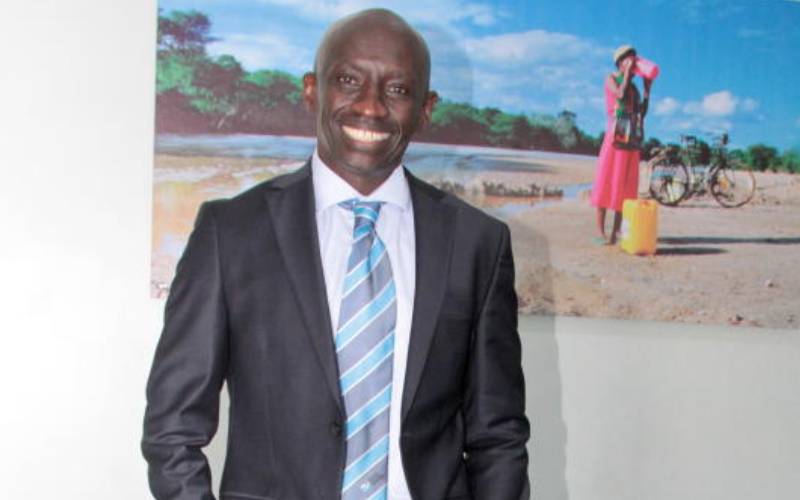×
The Standard e-Paper
Home To Bold Columnists

I’m not sure why I am so fixated on the plush, blue carpet in David Gatende’s blue-themed office as my feet sink into it. It is pristine.
I get my answer without asking about the carpet – quality is huge to him. He comes across as proper. It’s how he does everything.